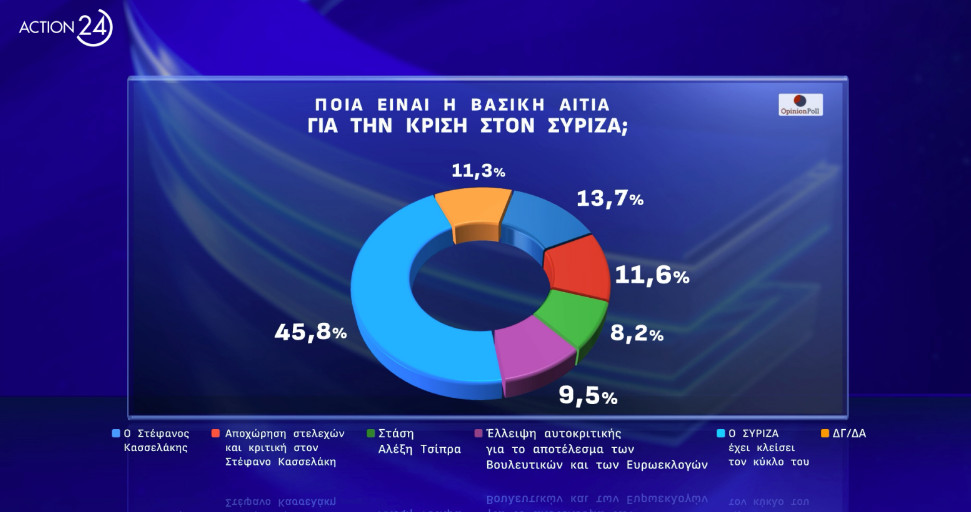The modern digital age has greatly facilitated communication, while in some places it has changed it. While in the past we used to communicate through messages, in moments when we didn’t have much time, today messages via mobile or some online application tend to appear more and more frequently in our daily lives.
Specifically, 7 out of 10 millennials and the younger generation Gen Z prefer to communicate digitally—mainly through text messages—than in person, reports vita.gr.
Researchers surveyed more than 4,000 young adults between the ages of 18 and 34 in six Western countries (US, UK, Australia, France, Germany and Japan) in mid-September 2017 to discover the communication preferences of today’s millennials and of Gen Z.
They prefer Gen Z and millennials messages
Globally, 65% of respondents say they talk to their peers more often via texting or mobile phone. The number is even higher in English-speaking countries. In both the United States and the United Kingdom, about 74% of millennials and Gen Z communicate more often digitally with other people.
In particular, about 73% of Americans and 74% of those who resided in the UK prefer texting.
The mobile phone is more valuable than the wallet
Another notable point of the survey is the fact that around 62% would rather forget their wallet at home than their mobile phone. In addition, 70% admit to sleeping too close to their mobile phone, while more than half check their notifications even during the night.
The research data shows how much digital reality has changed the flow of life, when we read that many of the participants consider it good to use their mobile phone during a dinner table (42%) or while participating in a conversation (28% ), which older generations do not approve of.
Many (70%), in fact, believe that in the future they imagine all purchases to be made online, as most young people sought help for a product or service online.
Will meaningful communication between people be lost?
It is a given that the mobile phone, with all the digital applications it entails, is an integral part of the daily life of millennials and Gen Z. But does this habit make them more present in a false digital life or in real social interactions? The question is complex, and to answer it there are many factors that must be taken into account.
The digital world can facilitate our daily lives and contribute, in part, to our entertainment. But does it replace real emotions, the enjoyment of the real world and the joy of social contact? Let everyone ask themselves and act according to their goals and values, building the life they dream of.
#Millennials #Gen #Text #Call #choose


